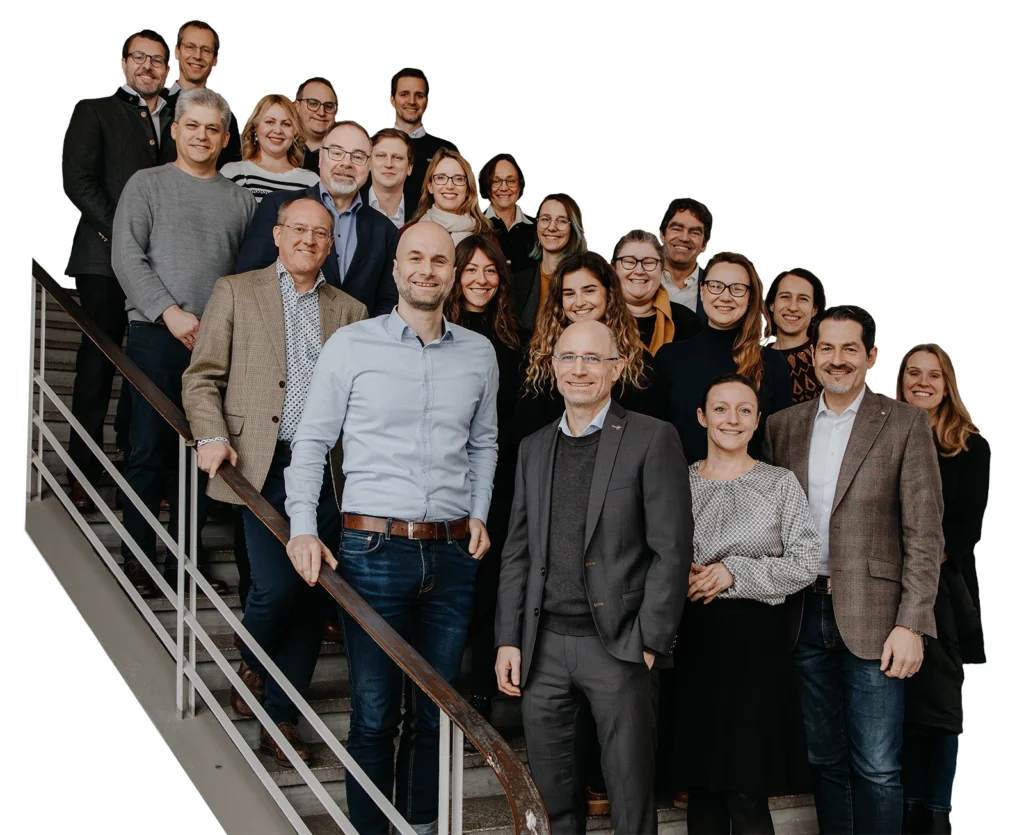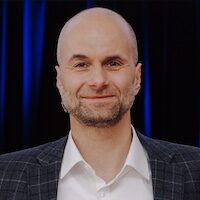
Sebastian Pfotenhauer (TUM) is an STS and innovation policy scholar with a focus on regional innovation cultures, the governance of emerging technologies, responsible and inclusive innovation processes, and a critical political economy of innovation. Sebastian is trained in both social science/STS and physics/engineering. He has coordinated multiple large consortia at the intersection of social science and technology, including the BMBF Future Cluster MCube (“Munich Cluster for the Future of Mobility in Metropolitan Region”) and the EU-Horizon2020 project SCALINGS. Sebastian regularly serves as consultant on innovation policy to governments and international organisations such as the OECD.
Sebastian’s question for TransforM:
What is ‘good’ innovation?
Speaker & Principal Investigator
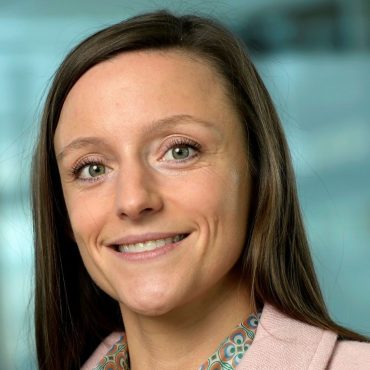
Hanna Hottenrott (TUM/ZEW) works on the economics of innovation and the drivers and consequences of transformative technological change. She is an expert on innovation policy, especially government support for research and development, and the design of start-up and science funding. Her research further deals with the relationships between innovation, firm performance, and economic development. She investigates how innovations emerge within firms, how they can be fostered, and their impact on the economy. She has previously been engaged in multiple international research projects and, in her role as head of innovation research at ZEW, is involved in multiple projects for policy advice.
Hanna’s question for TransforM:
How do organisations shape transformation and how are they shaped by it?
Co-Speaker & Principal Investigator

Holger Patzelt (TUM) is an entrepreneurship scholar with a background in both management and the life sciences. Drawing on qualitative, quantitative, and experimental methods, Holger’s research focuses on entrepreneurial cognition and emotions, including social and sustainable entrepreneurship, and the economic and psychological consequences of failure. His expertise stems from his work with entrepreneurs and extensive experience in studying various factors within the entrepreneurial decision-making space. Holger is also the head of the Entrepreneurship Research Institute at TUM.
Holger’s question for TransforM:
How can entrepreneurs (positively or negatively) impact societal change through the dissemination and commercialisation of transformative technologies?
Co-Speaker & Principal Investigator
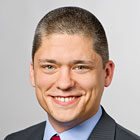
Oliver Alexy (TUM) is a management scholar with a special focus on understanding the design of organisations and how they operate under high uncertainty. His research experience contributes to TransforM’s understanding of how transformative technologies lead organisations to strategically design new venturing teams, open innovation, and collaboration efforts. Oliver has substantial experience through his research in the EPSRC’s innovation manufacturing research hubs and has led various international collaborative projects.
Oliver’s question for TransforM:
How do you design effective organisational structures and strategies for the unknowable?
Principal Investigator

Silke Beck (TUM) is an STS scholar with a background in sociology and political science. She is an expert on the societal causes and impacts of global environmental and technological change. She has worked in international and interdisciplinary teams and led international projects on climate change, ecosystem management, innovation and sustainable transformation. Silke will contribute to TransforM with research on trust in organisations who are responsible for assessing and governing transformative technologies and their environmental impacts.
Silke’s question for TransforM:
What can a responsible assessment and the legitimate governance of globally transformative change look like?
Principal Investigator
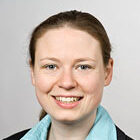
Nicola Breugst (TUM) is an entrepreneurship scholar with a background in psychology. Her research is about the people’s side of entrepreneurship and her research addresses questions of entrepreneurial affect, motivation, and cognition by taking into account the entrepreneurs’ social context. Her research draws on the start-up ecosystem in Munich where she has studied how people discover opportunities based on new technology and how they pursue these in multidisciplinary teams.
Nicola’s question for TransforM:
How can (potential) entrepreneurs recognise the commercial value of transformative technologies and how do they garner support from relevant stakeholders?
Principal Investigator

Tim Büthe (TUM) is an expert on the politics of technology governance, including on global value chains, technical standards, public and private regulations, and participatory institutions. He studies how politics, economics, and law (especially antitrust/competition law and policy) interact to foster or impede innovation. He also examines the potential and limits of AI in algorithmic management. His experience builds on numerous multi- and interdisciplinary projects, including collaborations with social scientists, legal scholars, engineers, and scholars and practitioners of health and medicine.
Tim’s question for TransforM:
How does politics shape the trajectories of innovation, and under what conditions does technological change shift the distribution of power?
Principal Investigator
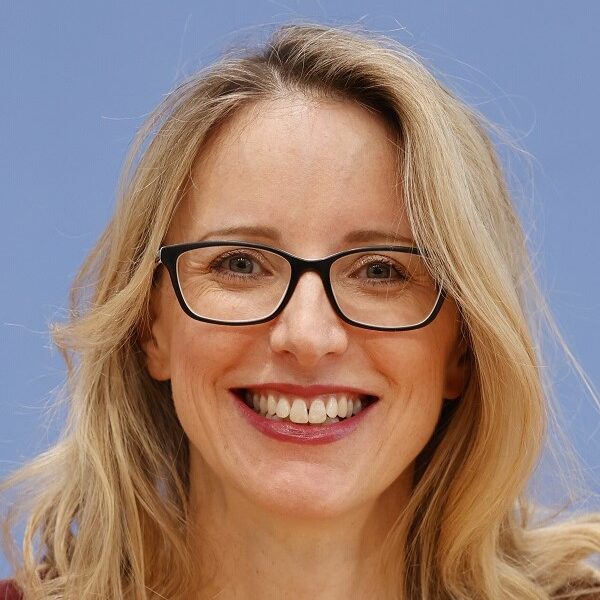
Alena Buyx (TUM) researches the field of biomedical ethics, with a particular focus on ethics of medical innovation and health technologies, research ethics, questions of solidarity and justice in contexts such as public health and health care provision, and novel participatory approaches in biomedicine and beyond. She has expertise in theoretical ethical analysis as well as in empirical, mixed-methods studies and policy development. Alena is a member of high-level national and international ethics bodies concerned with policy development and implementation, and consults for various international research consortia and policy initiatives.
Alena’s question for TransforM:
How can embedded ethics contribute to responsible health technology development?
Principal Investigator
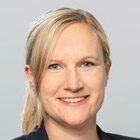
Claudia Doblinger (TUM) is an innovation and technology management scholar with a research focus on environmental innovation, entrepreneurship, and public policy. Claudia’s research aims to shape innovation and technology management research on how and what types of environmental innovation activities and business models should be fostered, and what role public policy support plays in this regard. She is a Principal Investigator in a recently awarded EU Horizon EIC Transition 2022 grant aimed at overcoming the bottlenecks for startups working on environmental innovation and supporting their path towards market.
Claudia’s question for TransforM:
What do startups need to innovate and introduce transformative technologies?
Principal Investigator
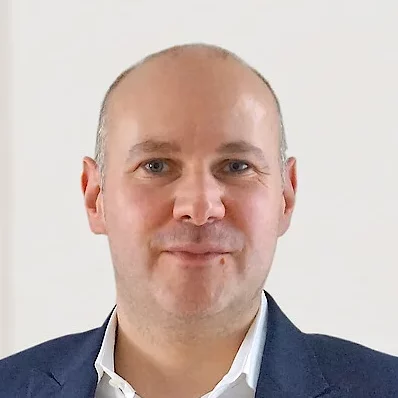
Oliver Falck (ifo/LMU) is an expert on the empirical analysis of the impacts of technological change on society and the economy. His research makes use of new and unconventional data sources to measure technological change and innovation. He has coordinated an EU Horizon project on technological change, globalisation, and the future of the labour market. His research is at the heart of ifo Institute’s institutional extension on ‘Big Data Economics’ funded by the Leibniz Association. He is scientific Program Director of the CESifo Research Network, mainland Europe’s largest network in Economics.
Oliver’s question for TransforM:
What are inclusive policies for the changes in labour markets from transformative technologies?
Principal Investigator
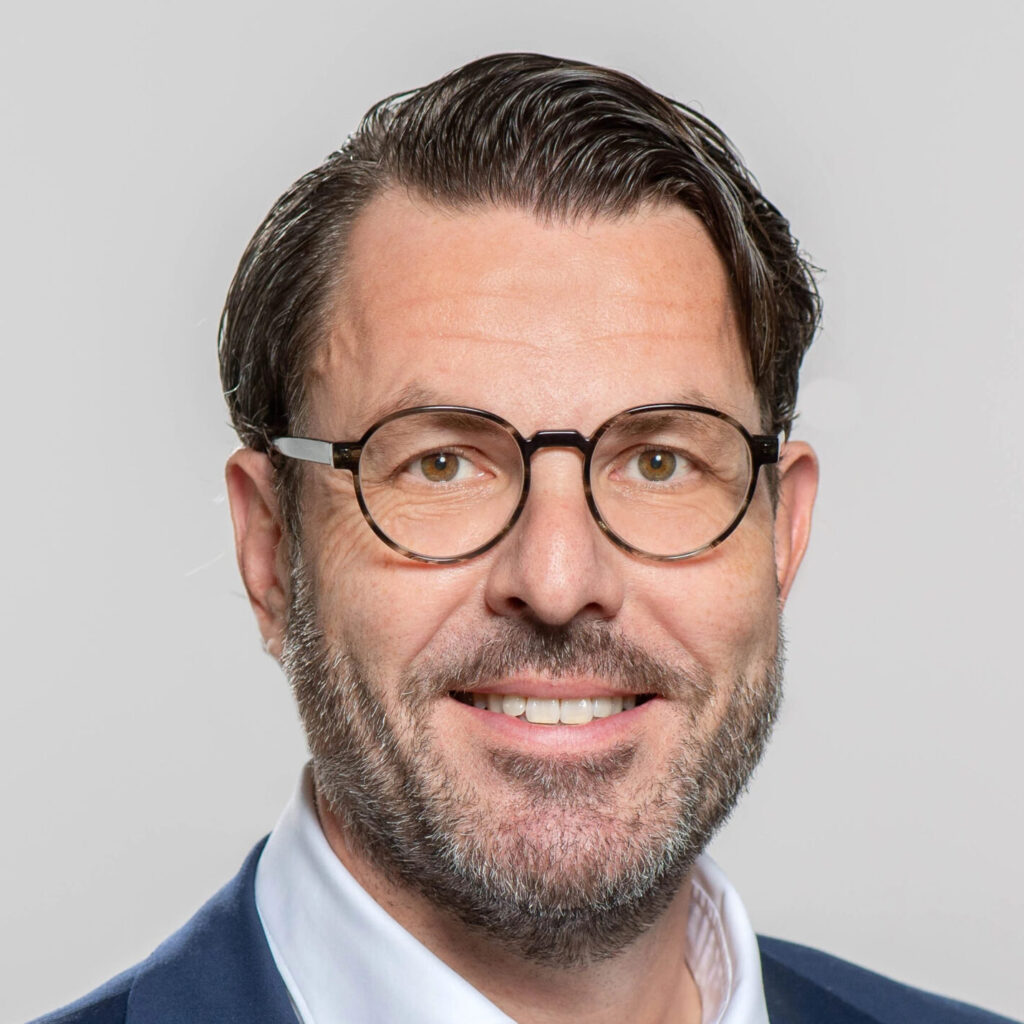
Urs Gasser (TUM) studies societal transformation processes facilitated by digital technologies, with a particular focus on governance regimes and an interest in the need for policy innovation vis-a-vis transformative technologies. As a professor of practice at Harvard Law School, he spearheaded the transition of the Berkman Klein Center for Internet & Society from a law school-based to a large university-wide research centre with global impact. Serving as the Center’s Executive Director for more than a decade, he incubated the Global Network of Internet & Society Centers. His research centres on responsible innovation of transformational technologies, including AI and quantum technology.
Urs‘ question for TransforM:
What are future-oriented governance practices can unlock the potential of transformative technologies while mitigating risks?
Principal Investigator
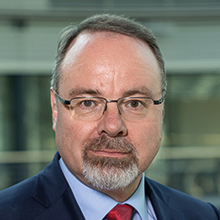
Dietmar Harhoff (MPI) is an internationally renowned expert on innovationrelated topics including the protection of intellectual property, the generation and diffusion of new technology, and the link between scientific progress and new technology emergence. He has been involved in a large number of international and interdisciplinary research projects and has led the Max Planck Institute for Innovation and Competition in Munich to a place that is known world-wide for innovation research. He has a background in engineering and has held and still holds various import policy advisory roles.
Dietmar’s question for TransforM:
How to generate “green innovation” in a hurry?
Principal Investigator
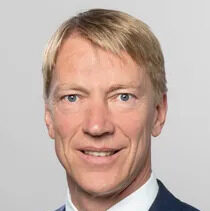
Joachim Henkel (TUM) is an expert on technology and innovation management with a background in physics. His research links new technologies to their economic applications and consequences. He has studied various technologies such as wireless connectivity (smart city, licensing of cellular standards), explainable AI, and smart contracts on blockchains. He has also engaged in translational and cross-disciplinary projects, for instance, on the licensing of standard-essential patents. Next to his research, he also serves as an expert in consulting policy and companies.
Joachim’s question for TransforM:
How to build trust in new technologies?
Principal Investigator
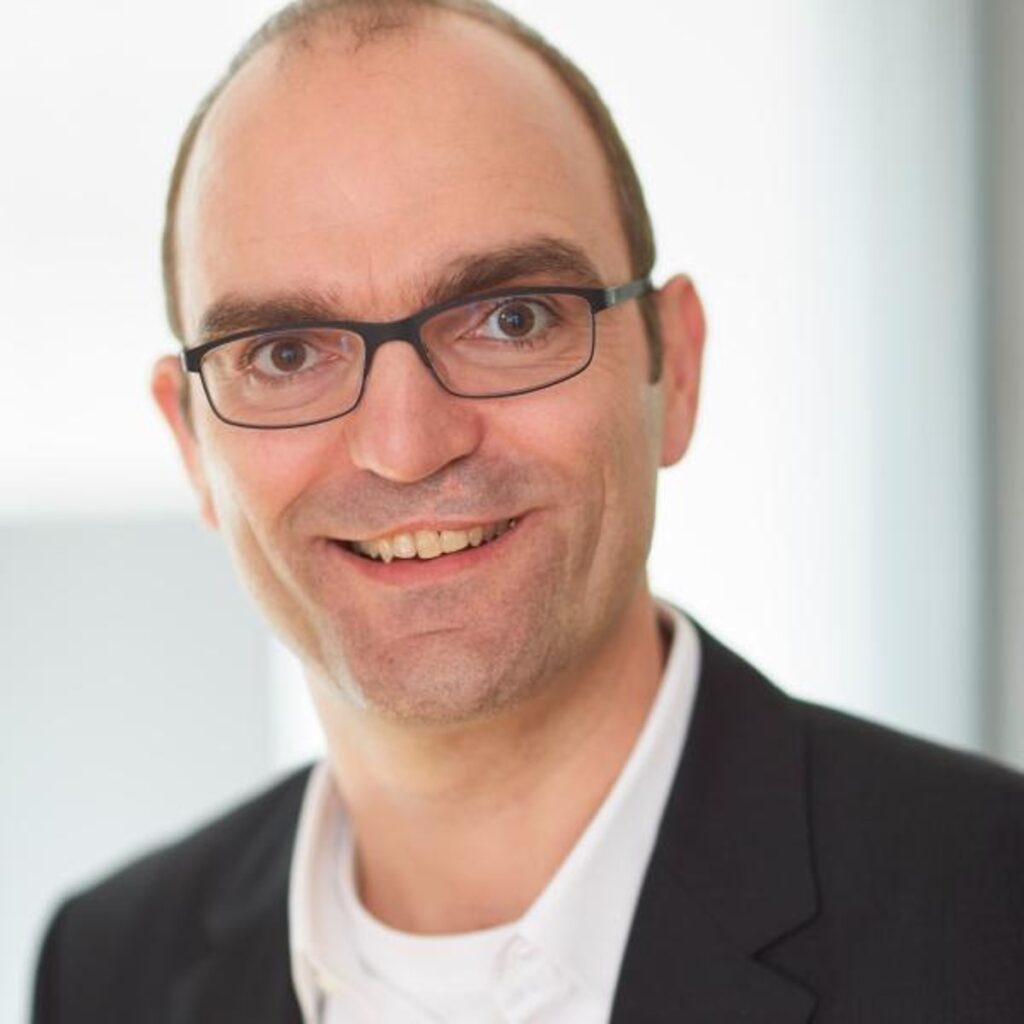
Martin Högl (LMU) is an expert on the human side of organisations, and specifically the human side of innovation. His portfolio of research projects, which he conducted together with a wide range of (international) collaborators, addresses topics of leadership and collaboration, teamwork and agility, creativity under resource constraints, organisational sustainability and the management of change, as well as stress coping and resilience in organisations. With this strong background he will contribute expertise on technology-related change and resilience in and of organisations. His research builds on experimental methods and the behavioural study of individuals and organisations.
Martin’s question for TransforM:
How can individuals and organisations be both resilient and adaptive in the face of transformative technologies?
Principal Investigator
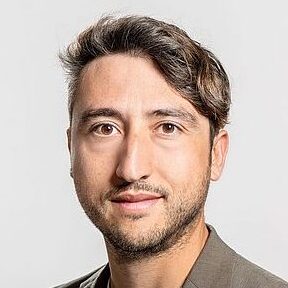
Marcello Ienca (TUM) conducts research on the ethically sustainable development of AI systems and neurotechnologies. He uses theoretical and empirical methods to investigate the ethical, social, and political implications of these technologies, focusing on topics such as the brain-machine interface, the relationship between AI and human cognition, and the ethical processing of Big Data. He is known for his pioneering work on neurorights.
Marcello’s question for TransforM:
What is the right governance framework when humans merge with machines?
Principal Investigator
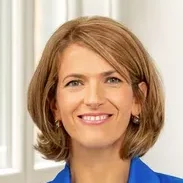
Enkelejda Kasneci (TUM) studies how technology can be designed with humancentred principles in mind. Her research focuses on Human-Computer Interaction and the development of AI systems that sense and infer the user’s cognitive state, expertise, actions, and intentions based on multimodal data. These systems can revolutionise the way we learn and interact with media and assistive technologies in our everyday lives. She is a Core Member of the Munich Data Science Institute, of the Cyber Valley research alliance.
Enkelejda’s question for TransforM:
How can transformative technologies unlock their potential for learning?
Principal Investigator
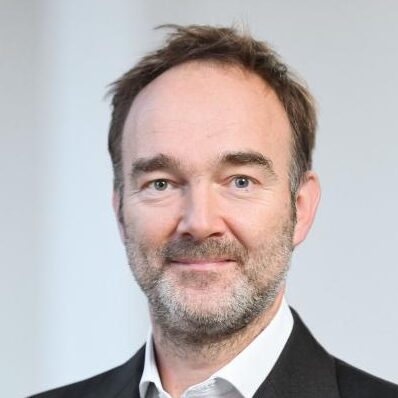
Tobias Kretschmer (LMU) researches the emergence of new technologies and their impact on the strategies that firms pursue and the ways they are organised. His recent focuses is on digital technologies, particularly on platforms and competition between and within platforms. He is a renowned expert on questions related to organisational responses to new technological opportunities and has previously worked in a variety of international collaborations and initiatives.
Tobias‘ question for TransforM:
Can digital platforms be a catalyst for democratic societal transformation, particularly through individual contributions to the common good problem?
Principal Investigator
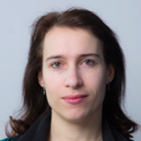
Sabina Leonelli (TUM) is a leading philosopher working at the interface of biological, biomedical and data sciences. She has worked extensively on the history, philosophy, and social study of open science, research evaluation, data-intensive methods, AI and modelling practices in the life and environmental sciences. She has been awarded many competitive grants including two from the European Research Council, and she regularly advises a variety of national and international initiatives in science policy, especially concerning research assessment and the governance and use of large data infrastructures. She is Fellow of the Academia Europaea and Académie Internationale de Philosophie de la Science.
Sabina’s question for TransforM:
How can research systems become more responsible, sustainable, and socially responsive?
Principal Investigator
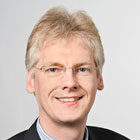
Stefan Minner (TUM) is a management scholar with a focus on logistics and supply chain management. He has a background in business administration, management, and operations research. His research interests are in global supply chain design, transportation optimisation, and inventory management, and the research has been published in the leading academic journals of the field. He initiated and was the first speaker of the DFG-funded interdisciplinary research training group “Advanced Optimization in a Networked Economy (AdONE)”, which is at the interface of management, mathematics, and computer science, focusing on the design and optimisation of complex large-scale problems under uncertainty with multiple decision-makers.
Stefan’s question for TransforM:
How do we manage digital transformation in logistics and supply chains?
Principal Investigator
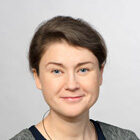
Ruth Müller (TUM) is an expert on the social dimensions of science and technology. Her work centres on questions of social justice and equity in socio-technical transformations, particularly in the life sciences, biomedicine, and AI. She also explores the impact of scientific career norms, incentive structures, and funding formats on knowledge production and technology development practices.
Ruth’s question for TransforM:
How can we transform research environments and practices in ways that allow us to identify and address emerging social, political, and ethical challenges during technology development processes?
Principal Investigator

Jörg Niewöhner (TUM) is an anthropologist of technology. His ethnographic research inside large research and development clusters has focused on moving the reflection of social contexts, epistemological assumptions and normative commitments ‘upstream’ in the innovation process. This approach enables a careful embedding of innovation into differentiated societal contexts and configurations. Jörg has previously been involved in a large number of internationally collaborative research projects on questions related to the development of technology from a human perspective and has led multiple research projects with the goal of giving policy advice.
Jörg’s question for TransforM:
How can “situated innovation” anchor equity and social cohesion at the heart of technological development?
Principal Investigator
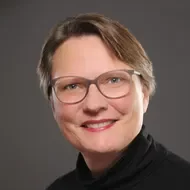
Jutta Roosen (TUM) is an agricultural economist whose research focuses on questions of consumers’ evaluation of risk and benefits, in particular regarding food products, and analyses consequences for food markets. Her research allows for conclusions regarding marketing and efficient consumer policy. Jutta has extensive experience in international research collaborations and currently serves as President of the European Association of Agricultural Economists. She investigates questions related to the demand side and how consumer society is impacted by transformation processes resulting from transformative technologies.
Jutta’s question for TransforM:
How is consumer society impacted by transformation processes?
Principal Investigator

Maximilian Schiffer (TUM) is an expert in the fields of operations research, prescriptive analytics, machine learning, and data science. He applies this expertise to research questions in various applications with the goal of developing decision support for the design and operations on (future) mobility and transportation systems as well as supply chains. In this context, he frequently collaborates with scholars from engineering, social sciences, and natural sciences as well as with stakeholders from industry and the public sector. His research strives to develop decision support systems based on transparent and fair algorithms that maximise social welfare in complex systems while remaining understandable and approachable for all involved stakeholders.
Maximilian’s question for TransforM:
How can transparent algorithmic design foster the diffusion of transformative technologies?
Principal Investigator
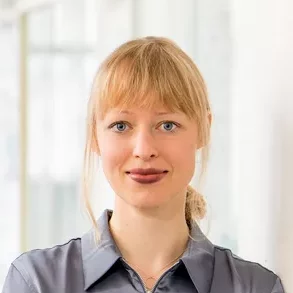
Janina Steinert (TUM) is a political scientist and developmental economist with research interests in global health. Her research topics include intimate partner violence, poverty alleviation, and research ethics. She draws on a range of methods, including randomised controlled trials, systematic reviews and meta-analyses, lab-inthe-field experiments, survey experiments, and mixed-methods approaches. Janina has expertise on research in different cultures including the Global South and the role of health technologies in these contexts.
Janina’s question for TransforM:
How can new technologies ensure principles of gender and health equity?
Principal Investigator
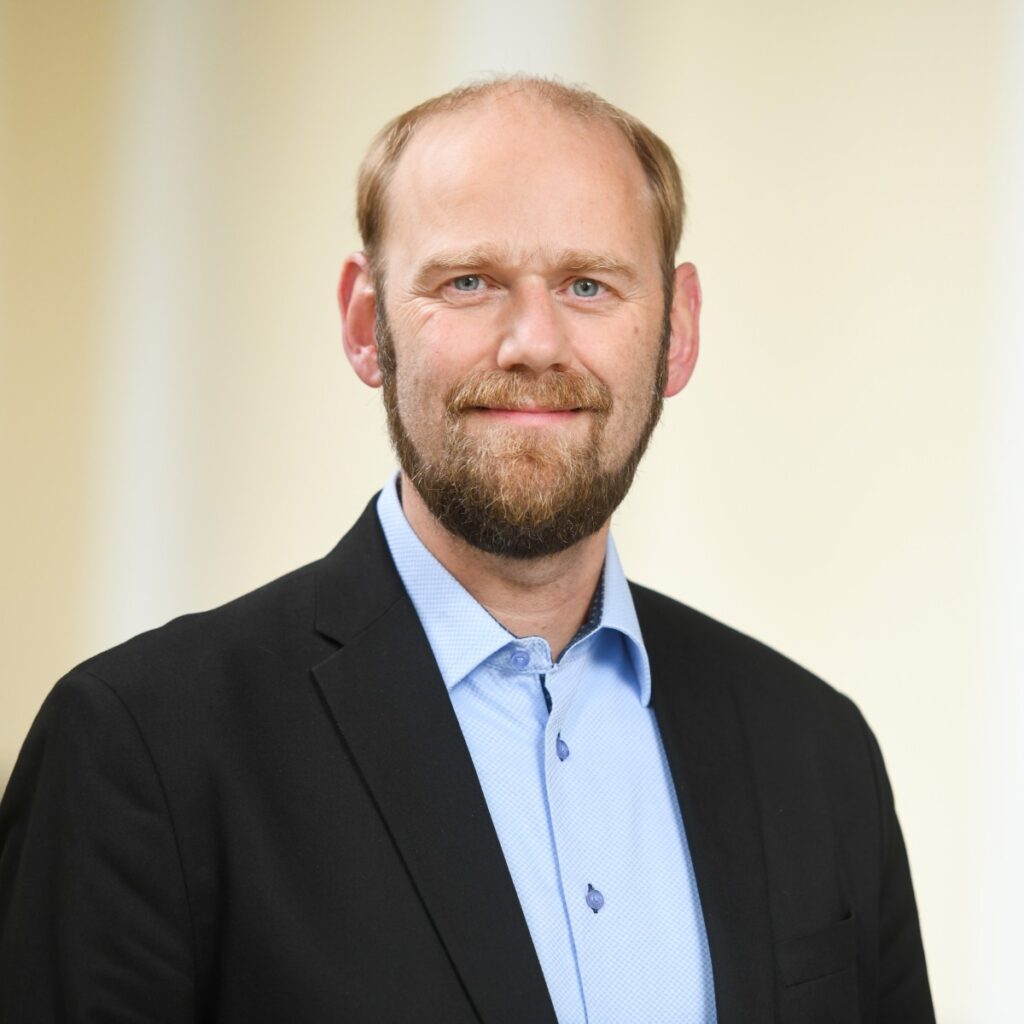
Ludger Wößmann (ifo/LMU) is an economist focusing on the economics of
education. His work studies which skills are needed in modern labour markets that
are constantly subject to technological change, as well as the best ways for students
and workers to learn these skills. He focuses both on efficient provision of high-level
skills and on policies that foster social cohesion by helping disadvantaged people.
Ludger’s question for TransforM:
How can policy-makers and firms empower people to
cope with the social changes brought about by transformative technologies and
provide them with the skills needed to thrive in the newly developing environments?
Principal Investigator
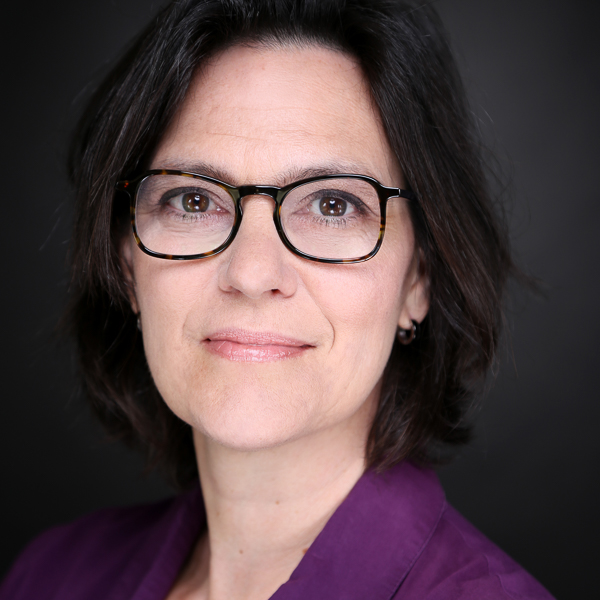
Paula Villa (LMU) is professor of general sociology and gender studies and one of Germany’s leading experts on gender and diversity, embodiment, and cultural studies. Her recent research examines, among other things, questions of care in the context of pandemics and the family, the construction of nationality and the self through the body, intersectionality and difference, as well as politics and cancel culture in academia.
Associate Principal Investigator
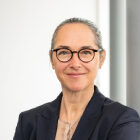
Tina Seidel (TUM) is one of the leading international educational scientists working on the development of digital educational tools and simulations for teacher education, with expertise in psychology, medical education, effective problem-based instructional design, and the use of eye-movement tracking for training purposes in higher education. She is co-speaker of the DFG Research Group COSIMA on simulation-based learning in teacher and medical education.
Associate Principal Investigator

Anne Rademacher (TUM) is an urban ecologist and ethnographer and studies struggles over the form, content, and quality of urban environments. Her research traces the social life of urban environmental change: its scientific contours, sociocultural dynamics, and role in political transformation. Anne co-convened the Ecologies of Urbanism Network, and co-founded the NYU Urban Greening Lab, an interdisciplinary teaching and research consortium based in New York.
Associate Principal Investigator
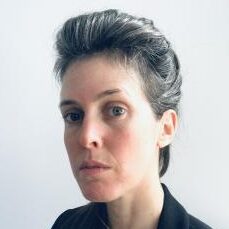
Tamar Novick (TUM) is the incoming professor of History of Technology, which is located at the Deutsches Museum. Her research lies at the intersection of history of technology, environmental history, and animal studies. She is interested in the ways in which bodies and technology become means of producing identities, pasts, and scientific practice.
Associate Principal Investigator
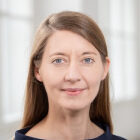
Annette Diefenthaler (TUM) is an expert on applied organisational design and professor of Design and Transdisciplinarity at the TUM School of Engineering and Design. She is also Executive Director of the Munich Design Institute. Her research focuses on the value of non-linear approaches to problems. Her work experiments with the development of metrics to understand the progress and results such approaches create. This is based on the hypothesis that design has become increasingly formulaic, limiting the space for unknowns and creative exploration.
Associate Principal Investigator
No results available
Reset